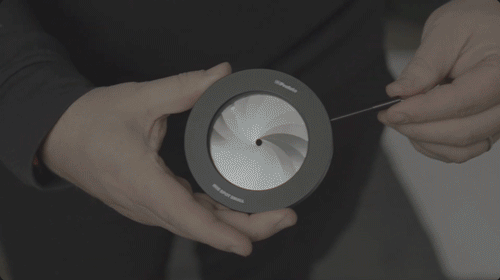"Wouldn't it be cool if one day we did this?" Emily Endean talks quitting her job to live in a van and be a photographer
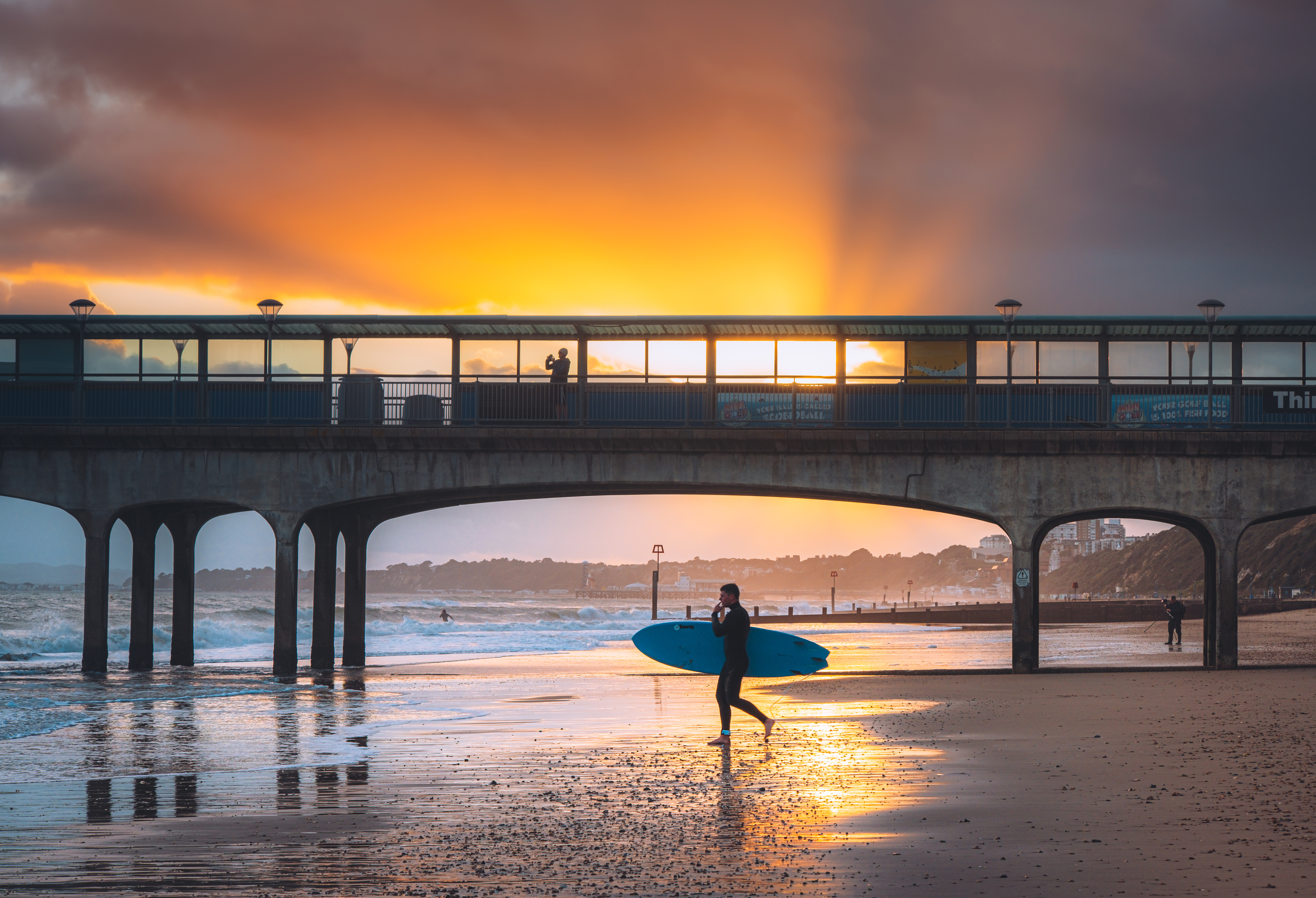
For many people, quitting your day job to become a full-time photographer is a dream. Other people dream of getting rid of their house and living in a van. Both are big, scary life changes… and Emily Endean jumped in at the deep end by doing both at the same time.
Now a full-time freelance photographer, roaming the country in her van, she makes her living shooting outdoor imagery with the Fujifilm X-T5 – a tool that's uniquely capable of enabling her to live her dream (both of them).
We had a chance to chat to her about making big scary life changes, following her photography passion rather than photographers' advice, and how the switch from DSLRs to the Fujifilm X Series has changed the way she lives and works.
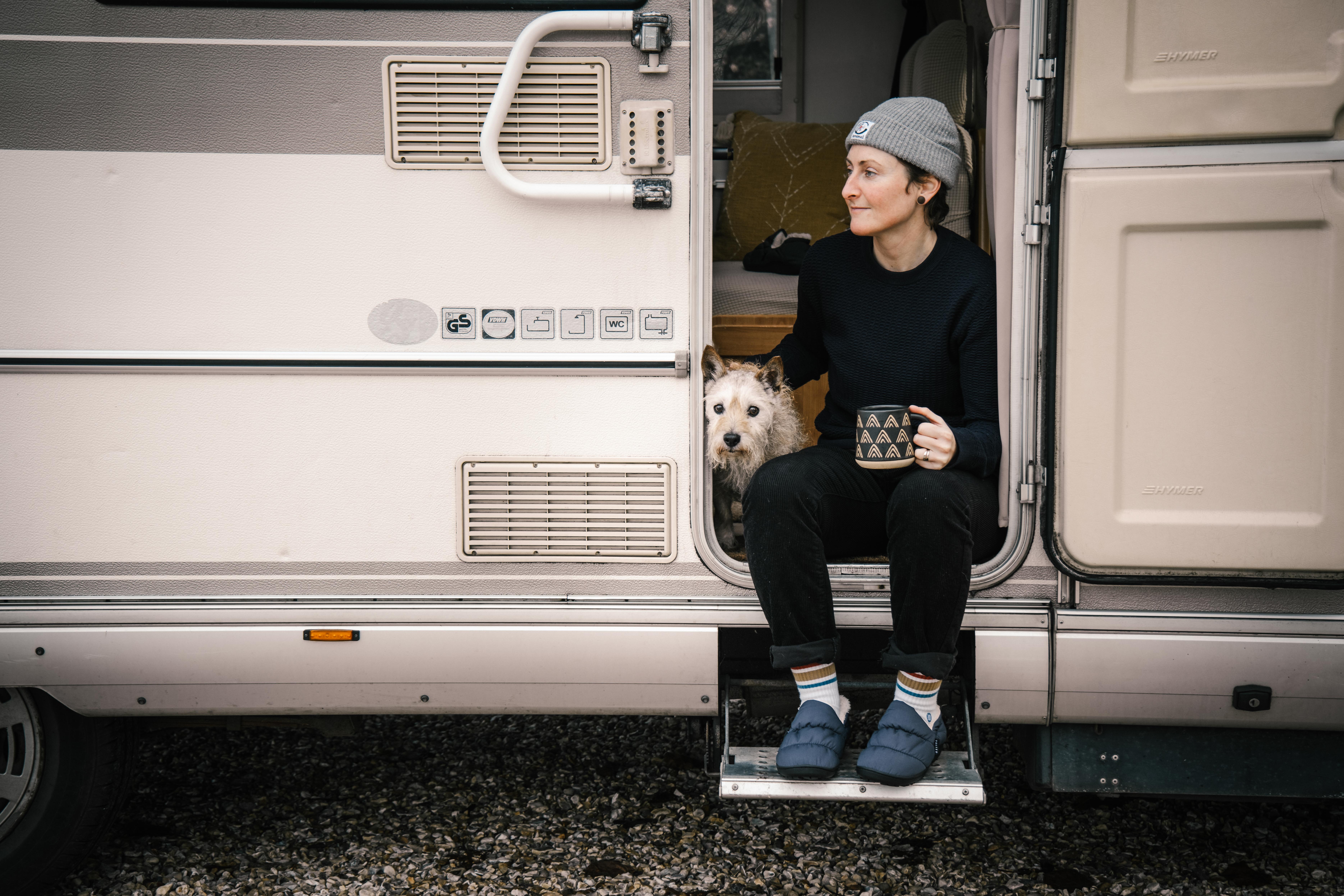
For those who aren't familiar with your work, would you tell us a little bit about your background and what you shoot and how long you've been shooting it?
I had a little film camera when I was a child, and I always loved taking photographs of my family and days out wherever we went, and I think that passion was always there. And then as I grew up and I got my first DSLR about 12 years ago, I'd say at that point was when I started taking things really seriously and started setting my alarm for sunrise!
I'm not too technically minded, so I go out and try and figure out one thing at a time. How do I want to photograph this, what's the best thing to do – and then I figured out from there the settings and the equipment I need. And once I got into that area I was absolutely hooked on any kind of outdoor photography, so I went through the motions of getting up for a sunrise every single day, before my day job. And I saw a good sunrise, I got some photographs, and I honed my craft, just practicing. And then that led on to photographing the ocean.
So I'd say I'm mainly an ocean photographer. That's where my passion lies. And whether that's seascapes at the shoreline, or whether that's out in the water or the surf, and anything around the ocean, that's what I'm drawn to. So I've kind of classed myself as an outdoor photographer in general – an outdoor photographer, but who rocks out in a van!
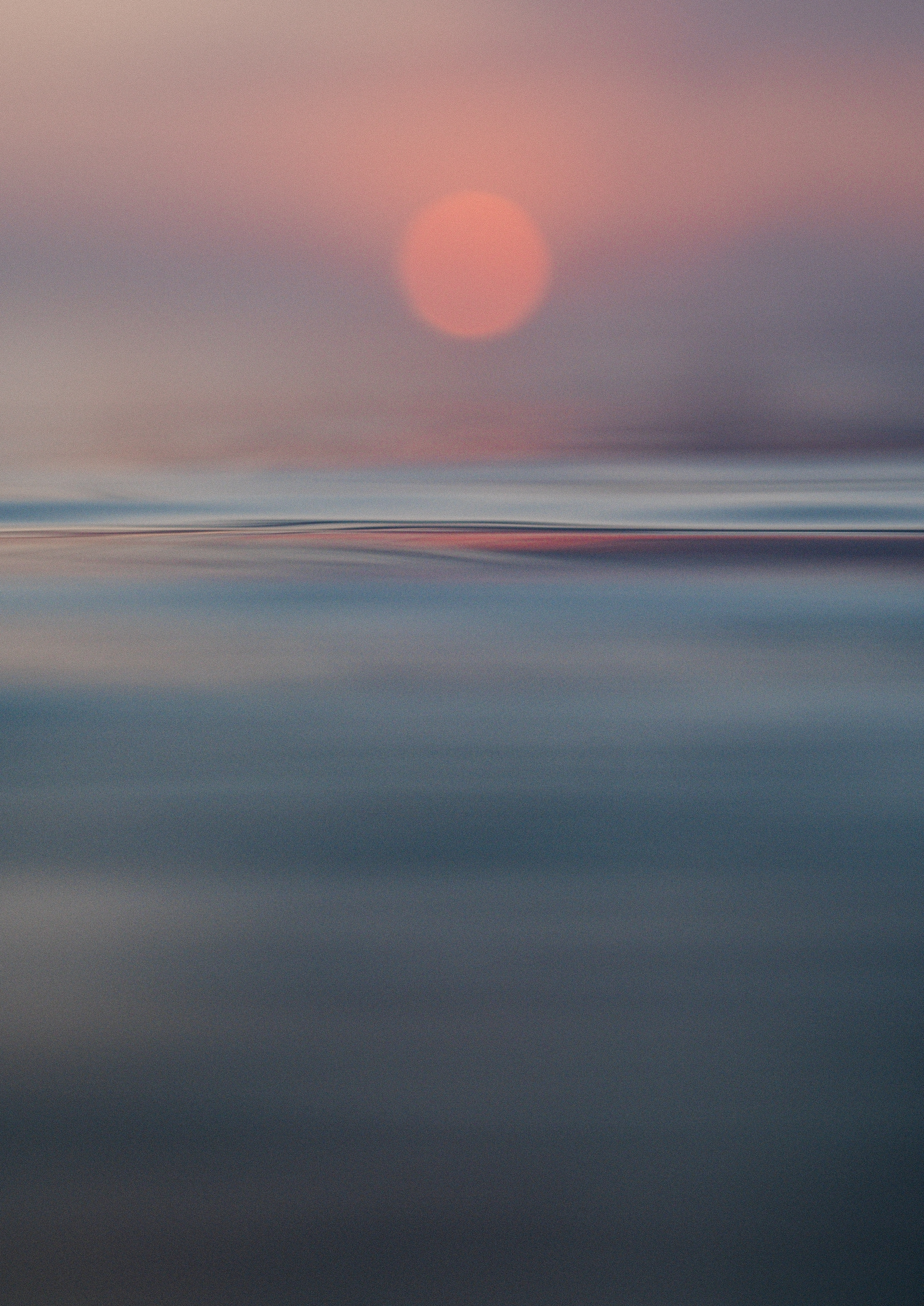
When did van life come onto your radar? Because that must impact the kind of kit that’s right for you.
It was one of those pipe dreams, one of these things you say. "Wouldn't it be cool if one day we did this?" It was always in the background, and me and my wife would always kind of say that. And then it got to a point, at the end of 2021, we said if we're gonna do this, we should just do it, because we were renting our house so we could just walk away from that.
Obviously you accumulate lots of things, so there was a lot of selling, giving away, donating to places. And we just thought moving into the van could go hand in hand with me taking up full-time freelance photography, because I'd been doing it alongside my day job for about six years. I went part-time, so I had an extra day where I could be flexible with my photography. So that was growing in the background, and it was never a point of me saying, "Right, I'm going to quit my job and I'm going to focus on this," because I think it's the fear of stepping away from what you know. So instead we did two scary things at once! We left the house and left our jobs and decided to travel around the UK in a van!
Being in the van and being full-time freelance means that I not only get to follow my passion and shoot my personal projects, but I get to tie that in with paid work too. I can't believe that I'm doing it, it's definitely my dream and it feels like it's come true.
You mentioned back in the day shooting on film cameras and then you had a DSLR. How long have you been using Fujifilm and what was your first exposure to the brand?
I had a trip abroad, moving around India, and I had really old DSLRs that were my workhorses at the time. And I remember just carrying all this kit around, my shoulders really aching. It was the beginning of 2018, around the time that mirrorless was really getting big, and that was the point of me being like, okay, maybe I should think about this. Because the size and weight just made so much more sense for travel, or even close to home on long hikes for sunrise.
So I remember getting back from that trip and having the seeds in my mind. Then I saw a fellow photographer who had the Fujifilm X-T1. He was showing it to me, showing me how intuitive it is, and straight after that I thought alright – I'm gonna look into this! So I decided to purchase the X-T3 and I really wanted a backup camera, so I bought a second-hand X-T2 as well.
I mentioned that I'm not too technically minded, so for me, having the analogue dials on top really gave that traditional feel of complete ease of use. And then obviously with the EVF, you can see exactly what you're doing when you're changing the settings, you can see how the exposure changes and things like that. For me, it was just so intuitive to use; I thought it was gonna be really tricky, adjusting to something new, but it was so easy. The very first time I took it out was for a sunrise down at the beach, and I've still got two pictures from that morning that I really love.
At that point I just never looked back, and it's always been about the X Series cameras for me. I started with the X-T3 until the Fujifilm X-T5 came out, which is what I'm shooting on now. With the X Series cameras and lenses everything's so much smaller and more lightweight, convenient and easy to use. Those were the main reasons I made the switch.
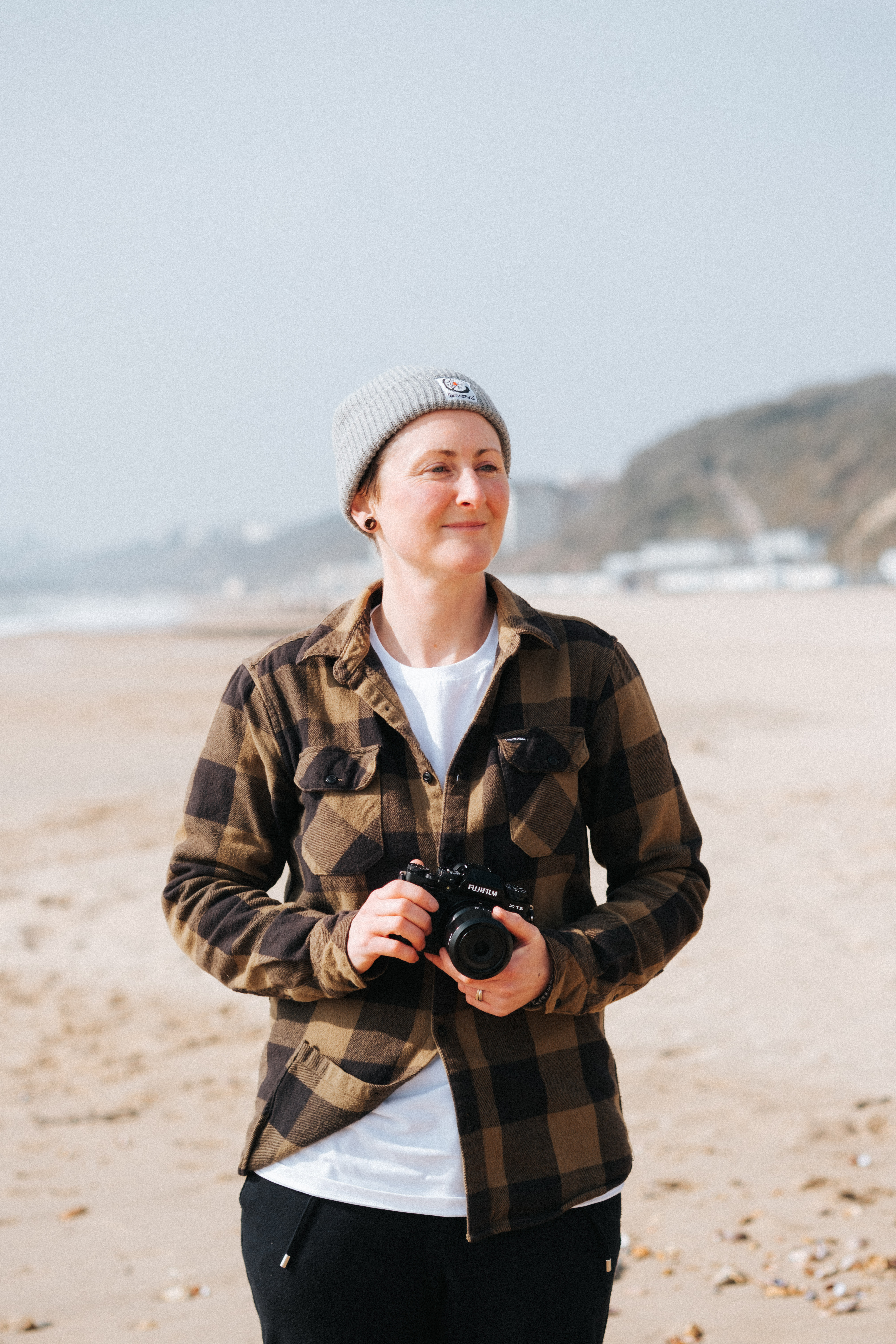
You've mentioned the lenses; with smaller sensor cameras, you get the smaller bodies but you also get the smaller lenses – unlike full frame mirrorless where you've still got the big glass, which in some ways defeats the object of mirrorless.
Definitely. At that point I was living in the house, so I was more thinking travel, going on long hikes carrying it all in your bag. But when I moved into the van it made that really simple for me, because I've got a bag that I can just about fit everything in it. So I've got two X-T5 bodies and all my lenses, and it's a squeeze but I could I can just about get it all in – which is exactly what I needed, having the lack of space.
That makes such a difference. You can go out with the best intentions with limited kit, but you may miss a shot that you didn’t pack for. But if your kit is smaller, you can take more with you, and you’re covered for whatever is thrown at you.
That's exactly how I feel. Sometimes you can go out with a shot in mind – I'm gonna photograph this, and I'm gonna be stood here, I'm gonna have my wide angle lens – and actually once you get there and look around, there might be something else unfolding that's quite exciting. And I never want to feel like I've missed out on something. So I think it is really important just to have a nice rounded collection of lenses to cover all bases.
Fujifilm is quite unique in having those analogue-style controls, and it's a really nice accessibility thing, because these are technical powerhouses but they don’t feel techy.
Yeah and I think that's important. It took me a long time to learn settings and everything, back in the day. So once you've got a camera where you don't have to think about that, that takes the technical side away from it completely and you can really just be in the moment and enjoy whatever's happening, or whatever you’re photographing, or being out in nature.
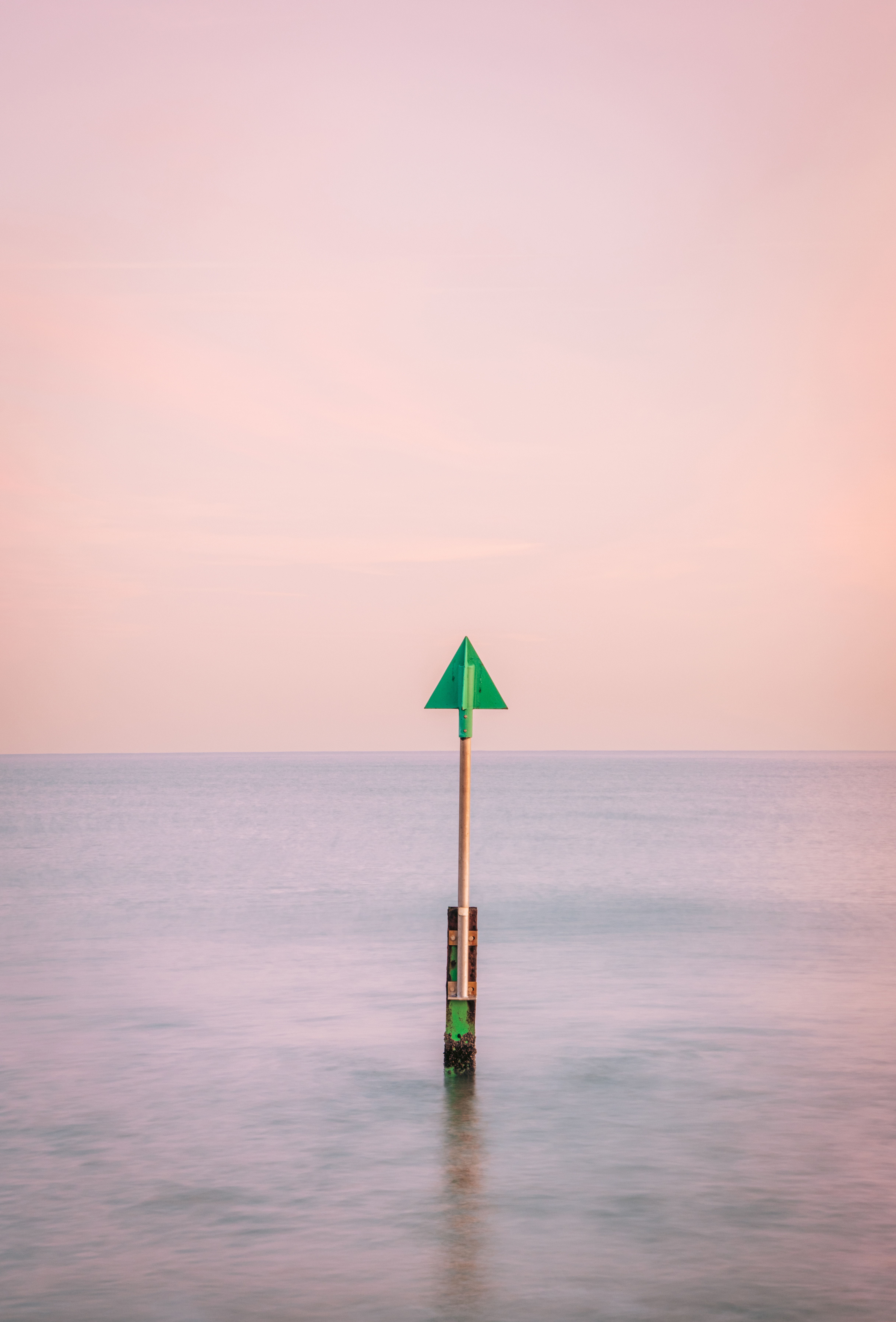
Coming from the X-T3, the most obvious thing to me is you've got the huge jump in resolution to 40MP, which I imagine for seascapes and landscapes is really going to make a difference to your work.
Yeah, and the quality is just incredible. And as well you've got the IBIS, with the seven stops of image stabilisation. For me that was a game changer because I haven't got the steadiest of hands, and I used to have to shoot like 1/250th of a second or something. But now I could probably get away with, in some situations, 1/15th of a second. And I've usually got a tripod with me, because I do believe tripods are important, but if you're completely in the moment and you're just walking along and you're following what you see, sometimes it's nice having that capability to shoot handheld.
Everyone is worried about AI at the moment, but with the X-T5 you've got things like AI-based white balance, animal AF and things like that, where actually AI is just helping us take the picture we want.
There's elements of it, definitely. With the AF you can choose animals, vehicles, whatever kind of subject you're tracking. I find that quite useful for when I'm shooting surf, to try to track the surfers as they're coming through rather than having to keep trying to refocus. The tracking on that is really useful and really good.
That’s interesting, with surfers in the sea or figures in the scene. At that point, how much does your work become ‘a landscape with a person in’ it versus being like ‘people photography with a landscape in it’?
When I was first really getting into things it was all about the landscapes, all about the seascapes, and I didn't like people in my pictures at all because I felt like they completely ruined it. And if someone was in it, I'd even get annoyed or just try to clone them out. And it got to a point where I realised sometimes having a person in the shot would add to it, either because of the story you're telling or the mood you want to convey or a sense of scale. There are lots of good benefits from having people in it.
At that point I was photographing a few different things, and someone said to me, "You can't be the jack-of-all-trades, you can't shoot all the genres, you have to pick one and be good at it." And that was quite early on, and I remember thinking I love landscapes and seascapes so I think I'll stop with that.
But then I veered towards photographing people in the frame as well. And especially when it comes to some surf, I realised it's not just the ocean and there's a little person in it – sometimes it’s the surfer, they are the subject.
And I thought at some point, I'm not even going to listen to anyone – I'm just going to shoot what I love, and I think that's what's important. And it really works for me. If you can follow your passion, and not listen to other people and not stick to one thing, then just do what you want to do. If you love photography, you love photography. So just do what you enjoy.
Which is why I call myself an outdoor photographer, rather than one specific specific genre, because I also shoot a lot of lifestyle brand images, and that was a natural organic progression into working with brands in the indoor landscapes that I'm familiar with.
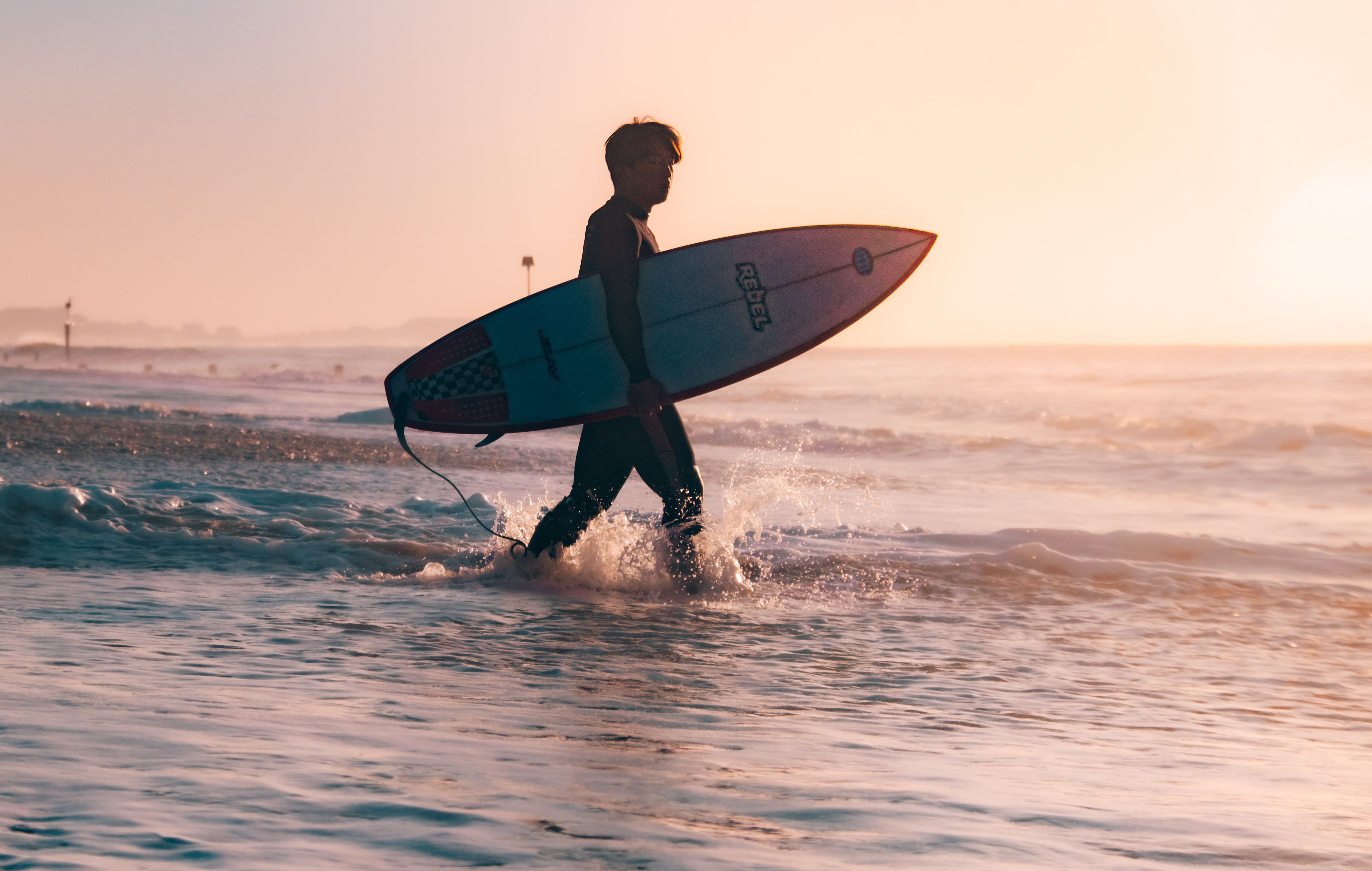
I was reading something the other day along the lines of, "As long as what you're doing is for you, or speaks to you, it'll always be good." You get in trouble when you try to please other people.
Yeah. And I love social media, because I love sharing my work and I love engaging with other people and finding other creatives, but I think sometimes you can get quite caught up in other people liking your work. When I first started taking pictures in the water, it got really abstract. It would be the sun just rising over the horizon, and it'd just be a ripple of water, and it was so different than shooting a big seascape from shoreline.
And I remember doing that and thinking that I don't care what anyone else thinks, this is cool, this is what I'm seeing with my own eyes, and I've been able to capture this while I'm swimming. And then everyone else kind of went a bit crazy for it! I didn't expect people to like it, so it kind of gives you a little boost. But essentially I think if you're photographing something in the way that you want to, and you're really passionate about it, that's really important and I think that then shows in your work.
When you’re not shooting for work, when you’re just going out with your camera for you, what’s your go-to setup?
Obviously the Fujifilm X-T5, and I will normally have the XF 30mm Macro on me, and I use that for a lot of scenarios you probably wouldn't expect to use a macro lens. I use it for a lot of my lifestyle work, I use it in the water quite a lot – so when I take out my housing, I can really focus close up on the movement of the water.
So normally the 30mm macro will probably be on the body, and then in my bag I'll have the XF 55-200mm ready to zoom in if there's something out there that's piquing my interest. And usually the XF 14mm wide-angle as well. Especially if I'm going down to the beach, it's really lovely getting a nice wide scene, and I like to get some swashy movement of the water to fill the foreground. Those three lenses give me quite a rounded view of whatever I'm going to encounter.
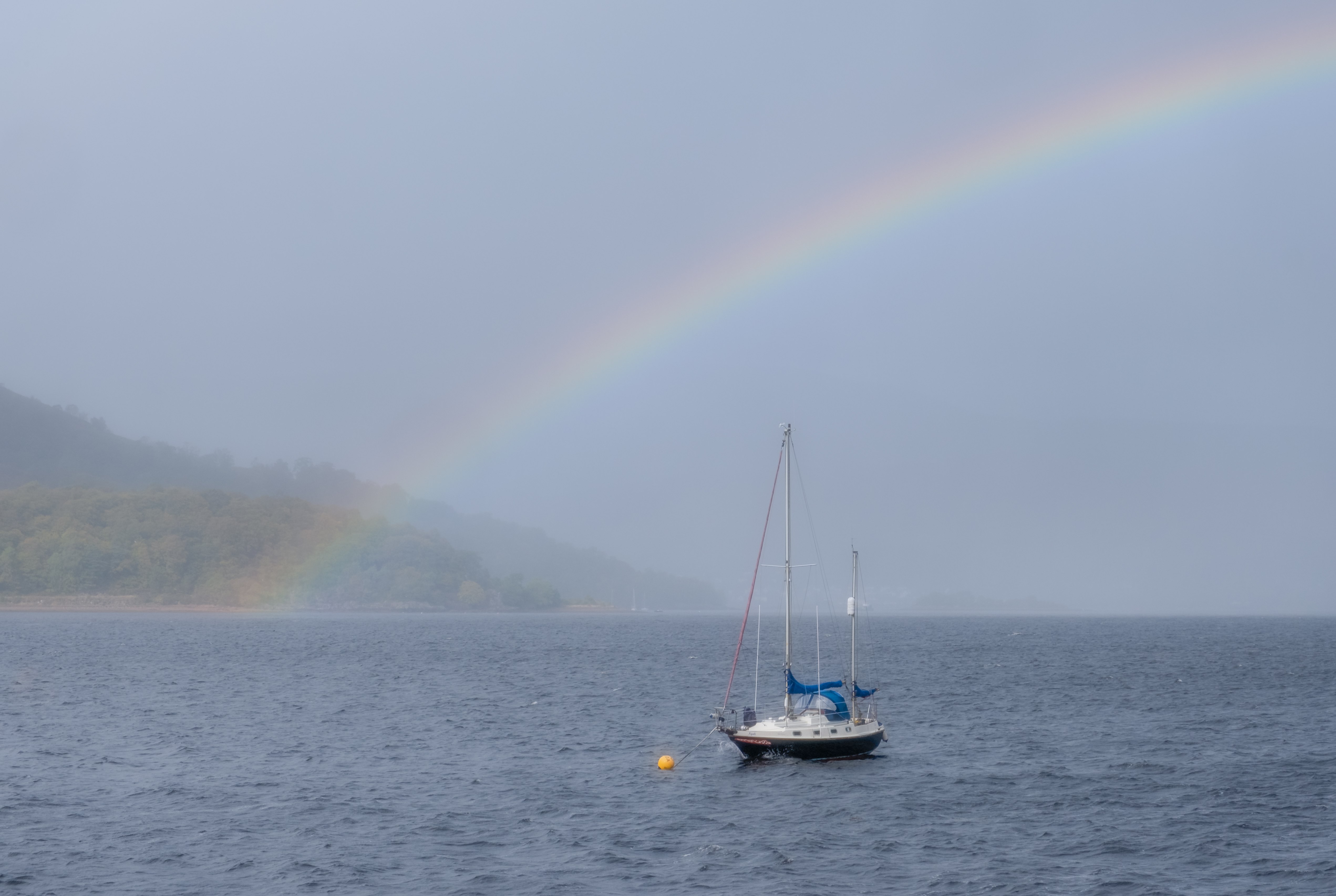
Is there a function or feature on the X-T5 that you weren’t necessarily thinking about when you got it, but now can’t live without?
Something that's really important to me is the weather proofing, the fact that it's reliable in any condition because I love going out during interesting conditions. Some people might call them bad conditions, but I find them either really atmospheric, or it's raining and you probably can get rainbow, or great light that comes through for just a minute. I don't want to have to put the camera away when things are just getting really good, so the weather sealing is really important to me.
To wrap things up, if you could give one piece of advice to anyone starting their photography journey, or to yourself when you were starting yours, what would it be?
I think to myself and anybody starting out, it’s really important to follow your passion in photography. I look back and I remember times thinking I really want to do this for a career, and I really want to do this full time, but you really need to do what you love every day and hone your craft.
So for me it wasn't the case of just picking up a camera and being like, “Oh I can make money from this,” it was treating it as something that I just love to do, that I did every single day until I really became an expert at it. Not to say that I know it all, because there’s always something new to learn in photography which is part of the fun of it. But following what you love every single day, and it will grow and grow and grow. You won't even notice it changing, but you’ll develop a style and you'll create great images and you'll see the quality become better and better over time.
So just do what you love every single day, and focus on what you're passionate about.
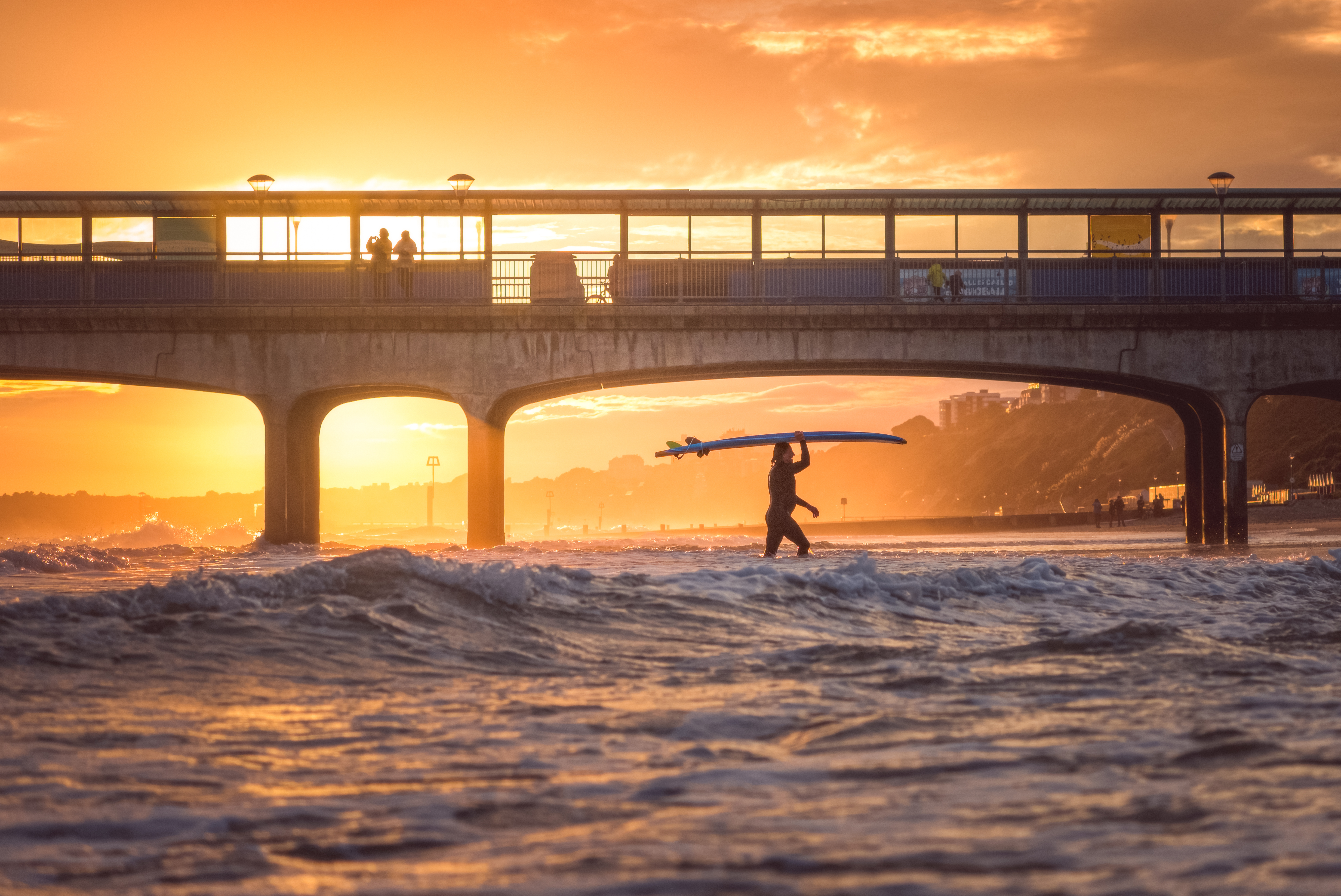
Get the Digital Camera World Newsletter
The best camera deals, reviews, product advice, and unmissable photography news, direct to your inbox!
Digital Camera World is one of the leading authorities on camera and photography news, reviews, techniques, tutorials, comparisons, deals and industry analysis. The site doesn't just specialize in cameras, but all aspects of photography, videography and imaging – including camera phones, gimbals, lenses, lighting, editing software, filters, tripods, laptops, printers, photo books, desks, binoculars and more.
Whether you're using, looking to buy or trying to get the most out of a compact camera, action camera, camera drone, cinema camera, beginner camera or professional camera, Digital Camera World has a roster of experts with combined experience of over 100 years when it comes to cameras, photography and imaging.

